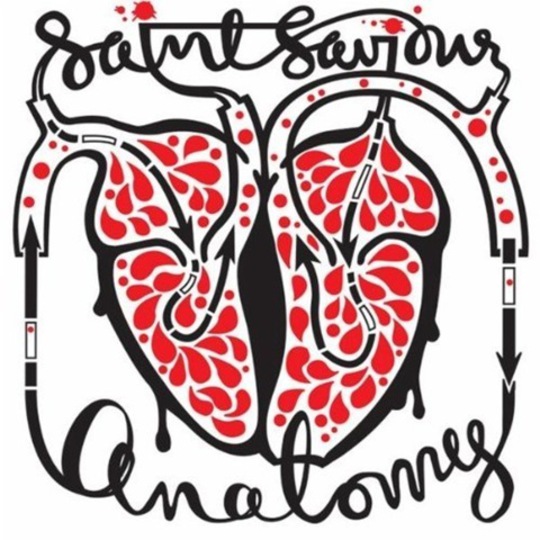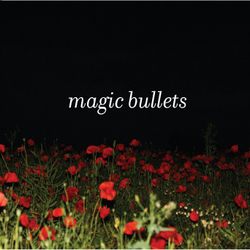Right now British music needs another bombastic female singer like a hole in the head (or Jessie J, as she’s more commonly known). Seemingly all conceivable bases have been covered, whether that be the ker-azey Kate Bush aping fare of Florence & The Machine, the shill electronic siren niche that La Roux burst out of in 2009 or Adele’s mega-selling bruised damsel oeuvre. All are accomplished, wildly popular and come with a fair few less palatable imitators to boot.
Whether there’s room in such a crowded marketplace for former Groove Armada singer and collaborator Saint Saviour to wield her synth-heavy wares seems dubious. What is under absolutely no doubt however, is the quality of songwriting Becky Jones holds at her disposal.
The Anatomy EP is by no means perfect. But when it hits its stride, there’s more than enough talent here to pique the attention for a full length offering.
Taking her musical queues from the coarse, throbbing hubris of her Groove Armada co-written tracks such as ‘Paper Romance’, rather than the demure, piano-guilded sound of early single ‘Fallen Trees’, this is a release that both refines Jones’s persona as an ambitious-minded artist willing to take risks and push boundaries but solidifies her burgeoning reputation for accessible pop music with an alternative edge.
Opener ‘Ain’t No Hymn’ is the EP’s essential inclusion, a slow-churning ballad of echoing, treated vocals and strict, metronomic electric drums. Exercising considerable restraint to shy away from an obvious super-massive chorus, its juddering unease proves a supremely clever and far superior treatment. ‘Birdsong’ delivers the delayed pay-off with a fat, squelching synth line hook for Jones’ considerable vocal talent to grab onto with a brooding lyrical motif of insomnia and insecurity, “Day won’t break ‘cos I have birdsong in my dreams”.
The remainder of Anatomy retreats back to more plaintive fare with ‘Reasons’ being carried on the strength of a belting vocal take and a strung out guitar line layered to build a reverberating eeriness as the track gathers momentum. Likewise, ‘Hurricanes’ is a low-key affair, too much so for the final track of such a short offering, yet its sombre cocktail of occasionally thrusting electronics and sharp, high-pitched percussive punctuations leave enough intrigue to create a lasting impression.
Despite the sterling field of competition, Anatomy takes great pains to create an insular and distinct experience populated by damaged individuals, haunted by nature as eluded to on ‘Hurricanes’, “Sometimes when the seas are rough you cry to the night.” If not for its brevity and flawed pacing it would be an outstanding introduction. To breach that barrier, there’s always the debut album.
-
7Robert Leedham's Score






















